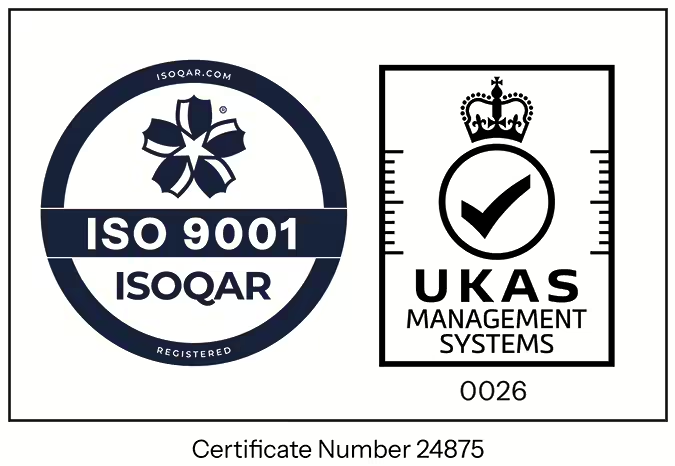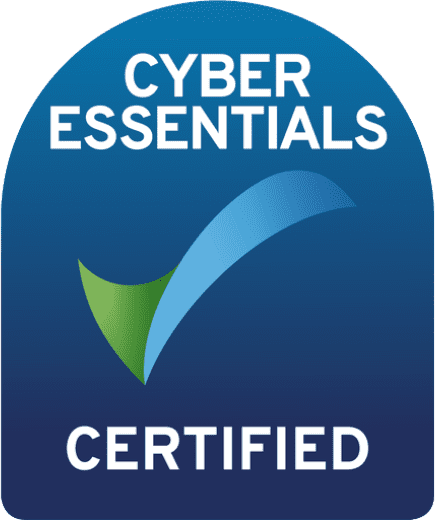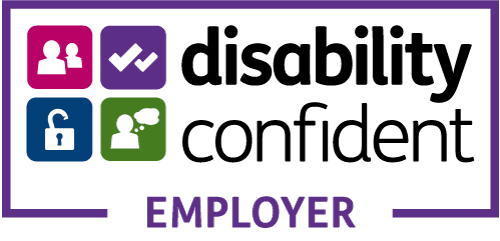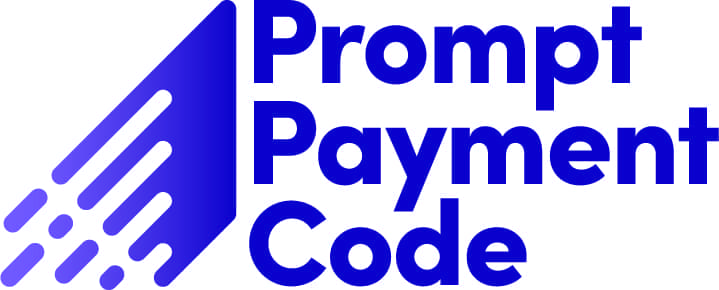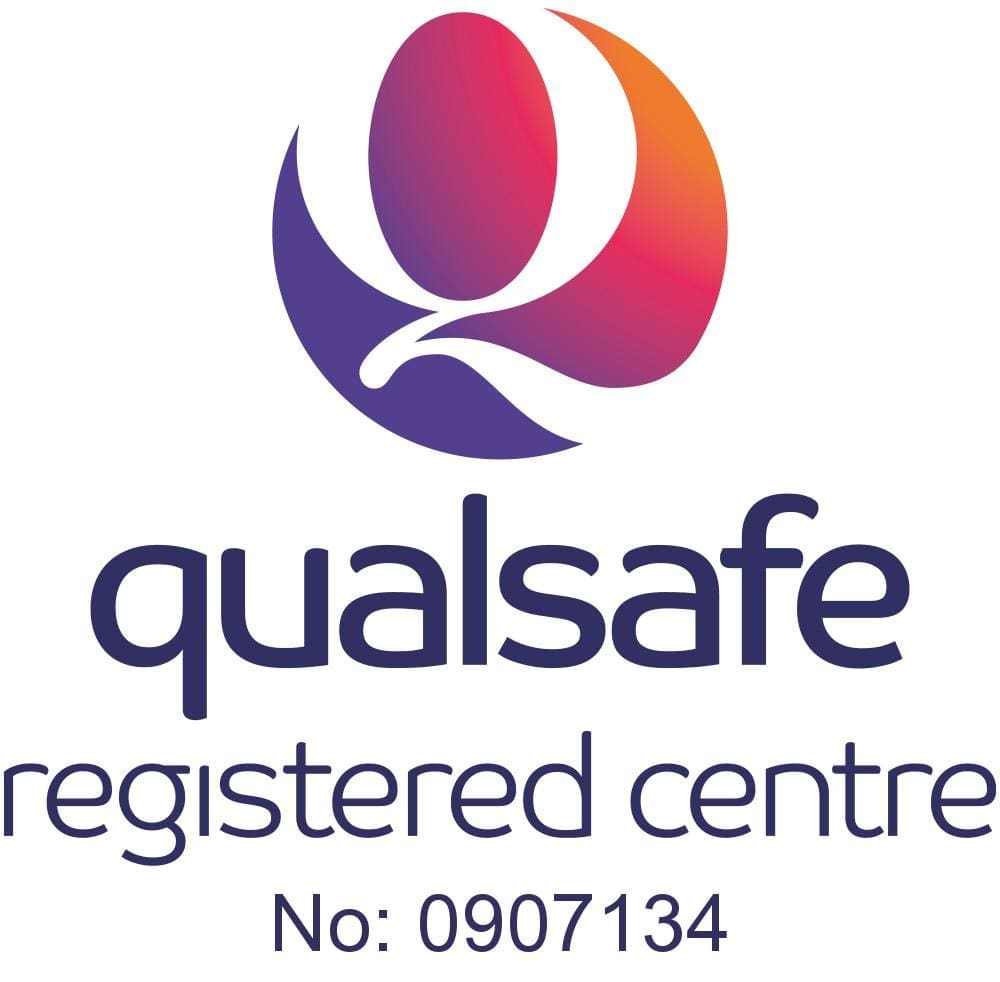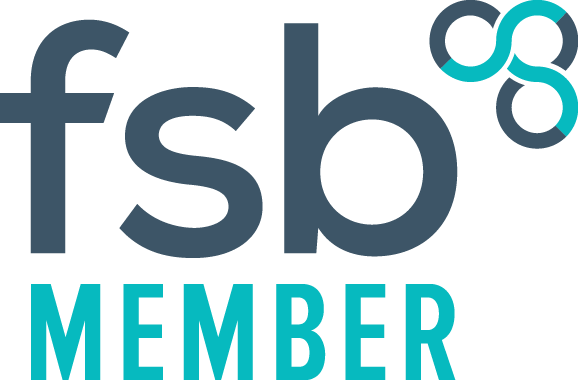Nosebleeds, though often harmless, can be distressing and alarming when they occur unexpectedly. The medical term for a nosebleed is epistaxis, and it happens when blood vessels in the nose rupture, causing blood to flow from the nostrils. While most nosebleeds are not serious and can be managed at home, knowing how to handle them properly can make the experience less stressful. In this article, we will discuss effective strategies to deal with a nosebleed and provide valuable tips for quick relief.
Stay Calm
The first and most important step in dealing with a nosebleed is to stay calm. Panicking may increase blood pressure, making the bleeding worse. Sit down and take deep breaths to help regulate your heartbeat. Remind yourself that nosebleeds are usually not serious and can be managed with the right approach.
Sit Upright and Lean Forward
To prevent blood from flowing down your throat, it is essential to sit upright and lean slightly forward. This position allows blood to drain from your nose, reducing the risk of swallowing blood, which can cause nausea or an upset stomach.
Pinch the Soft Part of the Nose
Gently pinch the soft part of your nose, just below the bridge, with your thumb and forefinger. Maintain steady pressure for about 10 minutes. This action helps constrict the blood vessels and promotes clotting, allowing the blood to stop flowing.
Breathe Through Your Mouth
While applying pressure to your nose, breathe through your mouth to avoid putting unnecessary pressure on the nasal passages. Breathing through the nose could dislodge any forming clots and prolong the bleeding.
Apply a Cold Compress
Placing a cold compress or an ice pack wrapped in a cloth on the bridge of your nose can help constrict blood vessels and reduce bleeding. Remember not to apply the ice directly to your skin, as it may cause damage.
Avoid Tipping Your Head Back
Contrary to a common misconception, tilting your head backward is not recommended during a nosebleed. This position may lead to blood flowing down your throat, causing you to swallow blood and potentially inducing vomiting. Always lean forward to allow blood to drain out of your nose instead.
Do Not Pick or Blow Your Nose
Refrain from picking or blowing your nose for several hours after a nosebleed has stopped. The tissues in your nasal passages will be sensitive and prone to bleeding. Gentle blowing of the nose could disrupt the clotting process and trigger another nosebleed.
Seek Medical Attention if Necessary
If the nosebleed persists for more than 30 minutes, or if it’s accompanied by intense pain, dizziness, difficulty breathing, or significant blood loss, it’s crucial to seek immediate medical attention. These could be signs of a more severe underlying issue that requires professional evaluation and treatment.
Nosebleeds can be unnerving, but with the right approach, they can be managed effectively at home. Remember to stay calm, sit upright, and lean forward, apply pressure, and avoid picking or blowing your nose. In case of prolonged or severe bleeding, do not hesitate to seek medical help promptly. By following these tips, you can handle a nosebleed with confidence and ease.
The information provided in this article is for general informational purposes only and should not be construed as professional medical advice. The content is not intended to be a substitute for professional medical advice, diagnosis, or treatment. Always seek the advice of your doctor or another qualified healthcare provider with any questions you may have regarding a medical condition. Never disregard professional medical advice or delay in seeking it because of something you have read in this article. Reliance on any information provided in this article is solely at your own risk. The author and the website are not responsible for any consequences that may arise from the use of the information provided herein.




